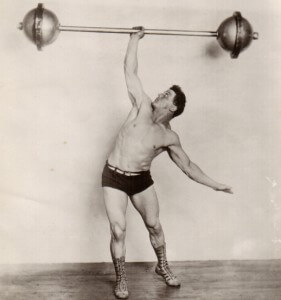Exercise can improve mental health and ward off depression
When I gave up alcohol, I wrote down three objectives for my exercise routine:
- Increase my sense of well-being
- Burn off my beer (and Malbec) gut
- Increase my strength
I settled on a mix of high intensity cardio and weight lifting. I resolved to do 20 minute sessions at least 3 times per week, first thing in the morning. And I knew that I needed to lift weights at least 3 times per week in order to gain strength.
I wasn’t going to be one of those fatties who tried to out-jog a bad diet. I wasn’t going to be one of those people who went to the gym to socialize.
Some impressive people have used distance running to help them recover from alcohol and drug addiction. However, I avoid endurance training for a few reasons:
- It’s not as effective as weight training for a strong, lean physique
- It inflicts a lot of wear and tear on the body
- It isn’t as effective as HIIT cardio (or even intense 30 minute steady state)
- It’s more likely than weight training to result in exercise addiction (see Eminem)
- It’s more time consuming (you can’t run 10 miles a day if you only have an hour)
I have great friends who can’t go without their 30 mile bike rides each morning. If I followed their program, I’d look like them. They’re great, but I’d rather look like me.
Most importantly, I’d rather feel strong as a bull. That would be the case even if I lived on a desert island.
Maybe you’ve always wanted to run a marathon. I’m not judging you. Any and all exercise is better than slipping back into substance addiction.
Your exercise routine is for you. No one else matters.
But if you want to get strong, you have to hit the weights.
Author
-
Chris Scott founded Fit Recovery in 2014 to help people from around the world dominate alcohol dependence and rebuild their lives from scratch. A former investment banker, he recovered from alcohol dependence using cutting-edge methods that integrate nutrition, physiology, and behavioral change. Today, Chris is an Alcohol Recovery Coach with dozens of private clients, the author of a short book called Drinking Sucks!, and the creator of an online course called Total Alcohol Recovery 2.0.
View all posts





